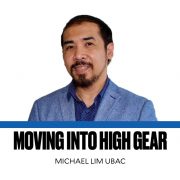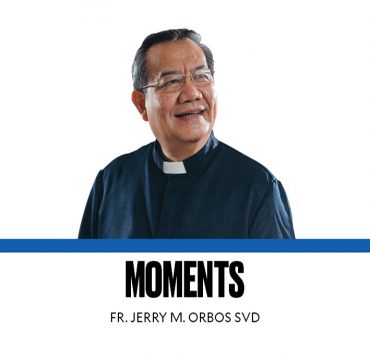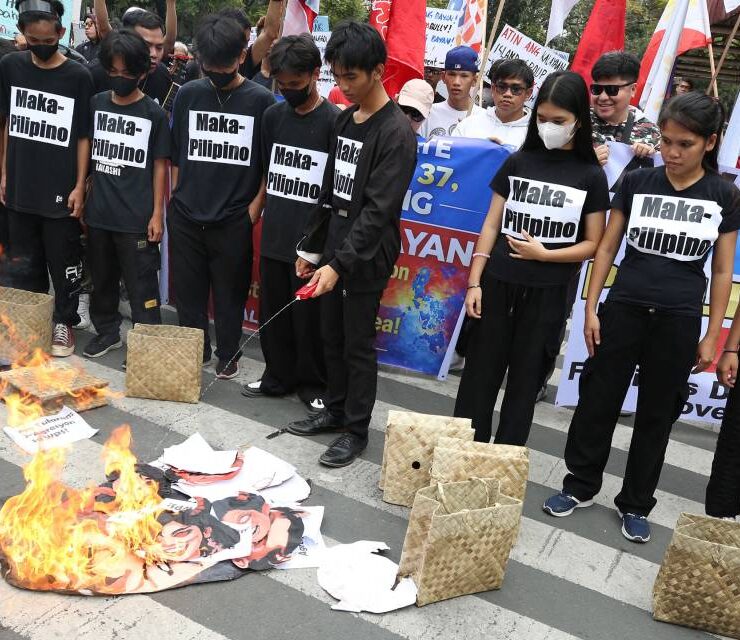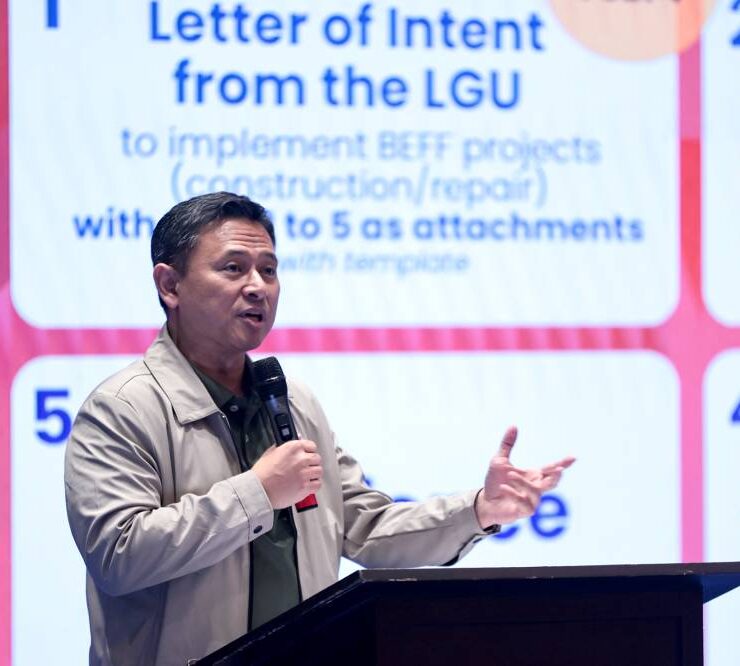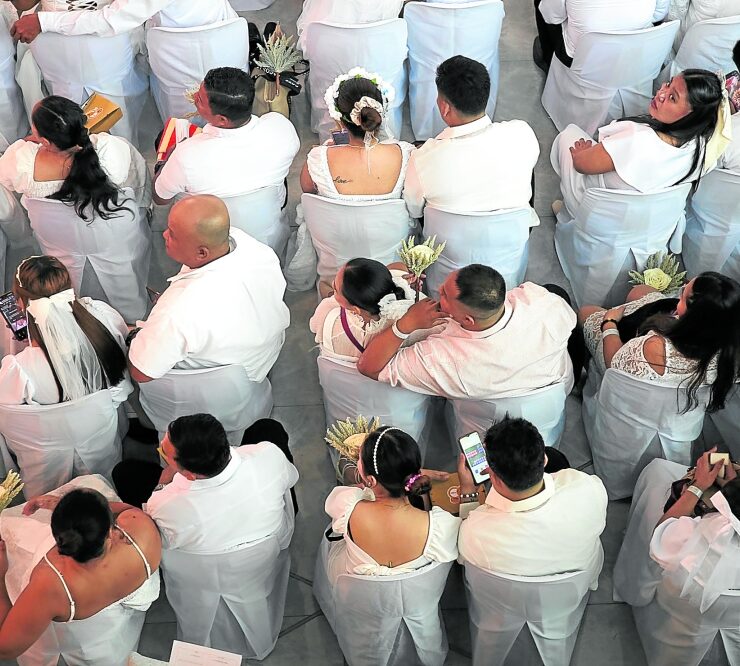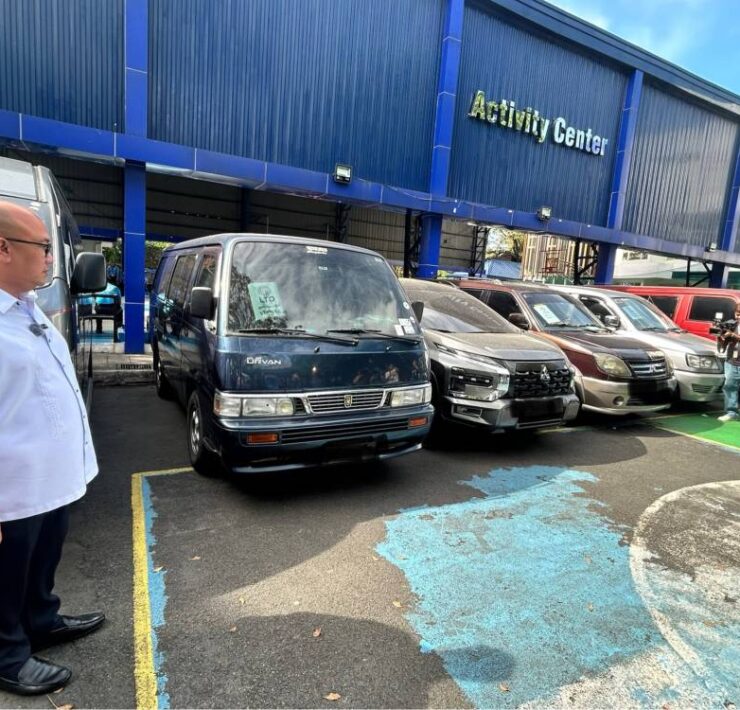Why corruption persists

The current uproar over ghost, overpriced, and substandard flood control projects has again put corruption at the center of public outrage. But when I hear officials and commentators describe it as “systemic,” my ears perk up. In the social sciences, the term has a precise meaning: it refers to behavior that persists because it plays a function in a larger system. To call corruption systemic is to say it is not just a matter of greedy individuals or weak enforcement; rather, it is embedded in our system of politics and governance.
This framing reminds us why corruption has proven so hard to eradicate. Anti-corruption drives typically end with the arrest of a few low-ranking employees, the public shaming of a handful of principals, and a fresh round of calls to moral renewal. Then, as memory fades, everything is forgiven. The business of politics goes on as usual.
The officials implicated rarely show remorse. Deep down, they tell themselves that everyone is guilty because it is the whole system that is corrupt. That belief has just enough truth in it to sound plausible, but it functions as a rationalization—a way of shrugging off responsibility with the fatalistic “it is what it is.” Instead of spurring reform, it justifies surrender.
The danger here is not just the loss of public money but the slow corrosion of governance itself. When corruption becomes routine, citizens stop demanding accountability, institutions lose credibility, and the law is applied only to the powerless. This breeds a culture where impunity reigns and government projects—like the very flood control systems meant to save lives—become vehicles for plunder rather than protection.
And yet history tells us we are not condemned to this cycle. Filipinos have shown, in moments of crisis and political upheaval, that they can defy old loyalties and habits and give change a chance. In 1986, when Cory Aquino challenged Ferdinand Marcos, voters set aside fear and material inducements to oust a dictator. At the local level, too, as recent elections have shown, we have seen unknowns with little money dislodge entrenched dynasties when people were ready for change. These episodes prove that systemic corruption is not destiny. It is not inscribed in our cultural DNA.
But the task of completely eliminating it is daunting. To weaken corruption’s grip, we must start with the prevailing structures of our society.
First, politics and business must be kept apart. Nothing is more toxic than businessmen wielding political power to advance their private interests—or officials treating public office as a franchise to enrich themselves. We must prohibit businessmen from owning political parties, or from offering their executives and relatives for appointment to key political positions where they perform regulatory functions related to their businesses.
Second, we must confront the runaway escalation of campaign spending. When elections are reduced to contests of money and celebrity, public office becomes an investment to be recouped later through corruption. This is how today’s flood control scams are born: overpriced contracts to pay campaign debts, and invented projects conjured from congressional insertions to finance the next election.
Third, enforcement must cease to be selective. Laws against corruption abound, but they are nearly impossible to apply to the high and mighty—except when used as weapons in political wars. This is why probes launched by politicians into corruption committed by fellow politicians so often look laughable. Everyone knows the fraudulent projects they are investigating could not have flourished without their tacit approval and participation.
Worse, even when cases prosper, the corrupt often succeed in finding redemption at the polls. Victory wipes the slate clean. The ballot box becomes a laundering machine for soiled reputations.
But politics cannot be left to politicians alone. If corruption is to be curbed, citizens must stop normalizing it in their daily dealings—whether in paying “lagay” to speed up papers, tolerating vote-buying during elections, or excusing theft because “lahat naman kumikita.” Public vigilance, independent media, and civic action are indispensable.
Finally, if current public officials truly want to break this pattern, there is one thing they can do right now: sever all remaining ties to their business interests. Or get out of government, if business is their preferred vocation. Nothing will signal seriousness in combating corruption more forcefully than doing this today, not tomorrow.
Corruption persists because it serves a function in the system. But systems change when ordinary people refuse to play their assigned roles in obvious rackets and choose instead to follow the laws. Filipinos have demonstrated this capability before. They can do it again.













